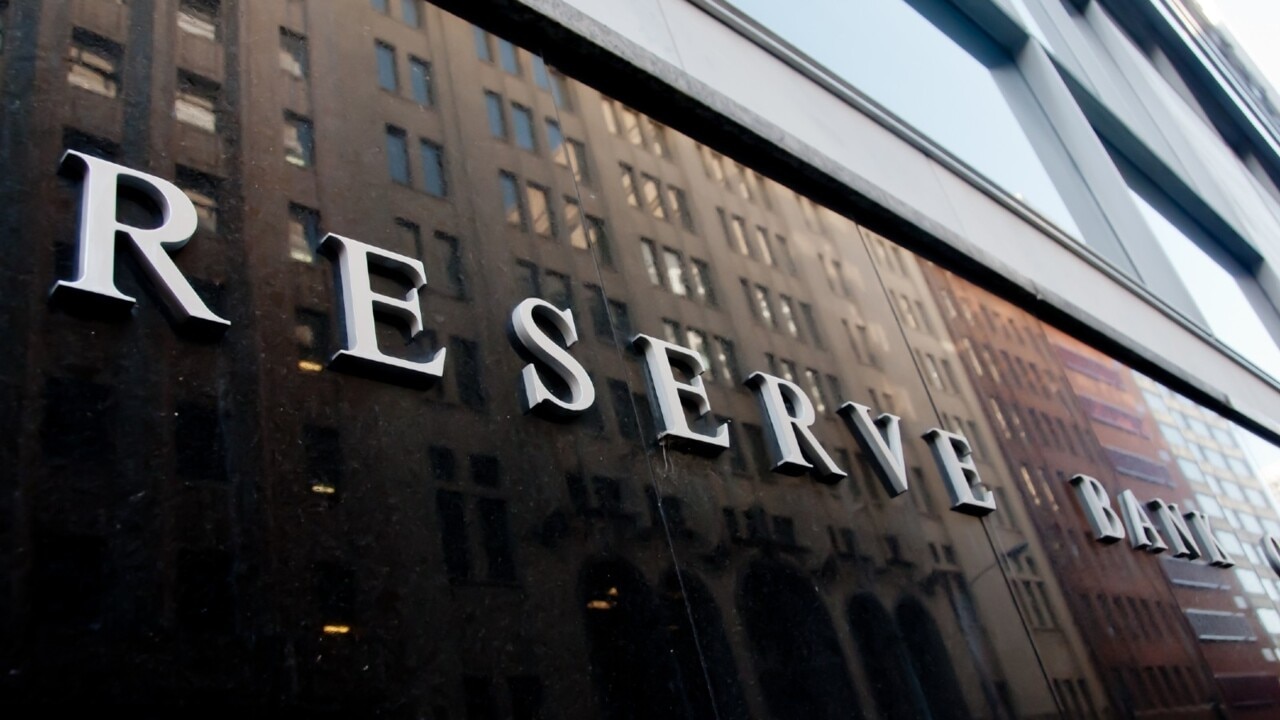Macquarie warns of recession risks as inflation proves sticky in face of higher interest rates
Macquarie chief economist Ric Deverell says the risk of a hard economic landing is growing, despite employment holding up in the face of rising interest rates.

The likelihood of an economic soft landing as interest rates steadily rise is far less likely as consumer spending and employment holds up, according to Macquarie Group chief economist Ric Deverell.
Mr Deverell said economic data was signalling that efforts to curb inflation were yet to tip the balance and slow the rate of cost price increases. Speaking at the Macquarie Australia Conference, he said inflation was going to be “much stickier on the way down”, resisting a string of rate rises thrown out by central banks.
“The longer the economy is resilient and the more the Fed has to hike, the greater the chance you’ll have a harder landing,” he said.
Mr Deverell said there was as “60 per cent chance we’ll have a plain vanilla recession in the next six months”.
“If the Fed hikes more, that increases the risk that something bad happens,” he said.
The US Federal Reserve is set to meet on Wednesday in the US, with expectations of a further 25-basis-point rate increase in a bid to control inflation.
This would take US rates beyond 5 per cent.
The Reserve Bank increased rates by 25bps on Tuesday to 3.85 per cent, marking the 11th time the RBA has lifted rates since May last year.
Mr Deverell said despite market expectations of no rate rise ahead of Tuesday’s move, it was clear that the RBA had a “bias to hiking”.
He said market expectations that rates would stop and come down in the latter half of the year were misinformed, noting “the only way they will stop is when something bad happens”.
“There’s an internal inconsistency in the way the market is operating,” he said.
Mr Deverell said equity markets were not pricing in a recession, but the bond market was signalling a downturn.
“It’s actually very bimodal,” he said. “Historically, there’s never been a time when inflation is high and unemployment is lower than the past.”
Mr Deverell said central banks would only look to lower rates if the higher rate environment triggered a cut in economic growth.
He said there was a possibility of a soft landing for the global economy, but it was “no more than 20 per cent” likely.
“It would have to be something quite different. My judgment is to get inflation back towards 2 per cent unemployment has to go up,” Mr Deverell said.
“We’ve overheated the economy. Unemployment is too low.”
Mr Deverell said it was difficult for central banks to “calibrate a small increase in unemployment”, noting it was much more likely to tip economies into recession.
But he said Australia could have warning of a downturn, given the lag between global markets and here.
“I do think some of the underpinnings are in a better position in Australia, in particular wage growth has not accelerated and of course immigration does come back to that,” he said.
He said Macquarie was forecasting slow growth for Australia in the second half of the year
But he said immigration, which could prop up the economy, would flow through to higher rents for the years ahead. “I think that is really painful for a whole bunch of people,” he said.
Mr Deverell said he expected people to move into shared homes or smaller properties in response to the higher prices.
But he noted the steepest rent increases were coming from the centres of cities, which saw the largest falls during the Covid-19 pandemic as residents flocked to the suburbs or to regional areas.







To join the conversation, please log in. Don't have an account? Register
Join the conversation, you are commenting as Logout